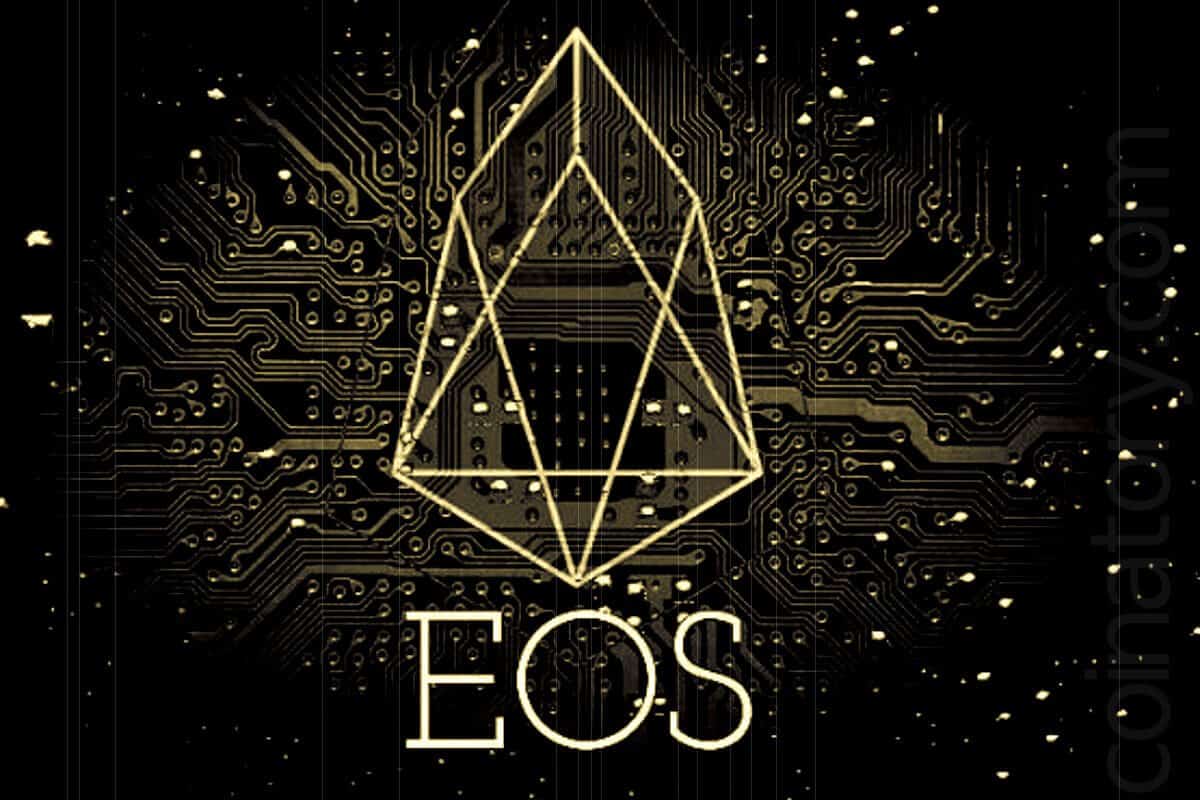
The rapid increase in the number of blockchain projects springing up in our time means anyone could easily be forgiven for assuming that one was the other.
However, to stake a claim as someone who knows the industry would mean having a sound knowledge of what makes up blockchain projects such as the EOS.
In this guide, we will cover the following
- What is EOS?
- How it Works
- Technology
- Team
- EOS Token
- Advantages
- Competitors
- Summary
What is EOS?
EOS is a blockchain platform designed to facilitate the development of decentralized applications (dApps). Similar to the Ethereum blockchain, EOS makes it easier for developers to start, work on and complete their dApps projects.
You can also think of it as an operating system for dApps as it offers services and functions that ease the workload on developers.
How It Works
The EOS blockchain system is designed to include major features of smart contract technologies, all bound into a single solution that allows developers to create other decentralized applications.
For instance, the EOS imbibes the security of the Bitcoin blockchain as well as the computing power of the Ethereum blockchain.
As a blockchain for development of blockchain applications, EOS provides a platform that can smoothly scale thousands of transactions per second while also guaranteeing a glitch-free performance for app developers and other users, not the chain.
You could develop decentralized applications based on the web with user authorization, server hosting, and cloud storage services available on the EOS blockchain.
Technology
The EOS prides itself on three major features which are User Authenticity, Cloud Storage, and Ultra Fast Transaction times.
User Authenticity
Unique user accounts that facilitate secure storage of user data is a feature of EOS as well as local storage of database of the blockchain network. Different permission levels exist on the individual accounts with the possibility to enjoy database access across two synchronized accounts.
EOS also allows a developer to easily implement user authentication on their own decentralized applications. At the event of account theft, the system has various methods of proving a user’s identity and swiftly restoring access to the compromised account.
Cloud Storage
Decentralized applications built on EOS blockchain make use of server hosting and cloud storage services that form a part of its ecosystem.
This feature grants developers the freedom to build and develop their applications without worrying about purchasing hosting, cloud storage and download bandwidth from third parties.
These services as well as using analytics for storage and bandwidth is provided by EOS and paid for by developers using the EOS token.
Ultra Fast Transaction Times
This is a unique feature of the blockchain and sets it apart from other traditional blockchain solutions like the Bitcoin and Ethereum.
It takes absolutely no time to verify the current state of the entire EOS network, a practice that would usually require nodes to verify the series of events that have occurred on other networks.
EOS can scale to an infinite number of messages and transactions per second on multiple machines with the minimum being one million for a single machine.
It is the feature that allows the existence of many developers and applications on the EOS platform.
Team
A blockchain company known as Block.one developed the EOS project. Its development team is led by Dan Larimer and Brendan Bloomer who both possess a wide range of expertise in the blockchain industry. Dan is the co-founder of crypto exchange Bitshares and social site Steemit.
Other members of the EOS team contributes to promoting the technology alongside active communities on popular social media sites Facebook, Telegram, Reddit, and Twitter.
EOS Token
EOS token is the currency of the EOS blockchain. EOS tokens are ERC20 compatible tokens on the Ethereum network. The token sale lasted for 12 months, starting from 26 June 2017.
The total supply limit of the EOS token is 1 billion tokens. 20% of the tokens were distributed during the first week of token sale, and 70% (700 million) was distributed over 350 days. 10% of the tokens are reserved as escrow in Block.one releasing 10 million tokens every year for ten years.
Investors can store their EOS tokens in different wallets including Ethereum Wallet and MyEtherWallet. They can also trade the tokens using Bitfinex and YoBit.
At the time of writing, the EOS token ranks 5th on the coin market and trades at $7.36 with a 24-hour trading volume of $942,738,000 and a market cap of $6,594,844,766, according to CoinMarketCap.
Advantages
Scalability
This is the biggest issue plaguing many blockchain technologies. However, the EOS network provides a solution to this problem with its ultra-fast transaction confirmation time. EOS claims it can handle millions of transactions per second on a single machine, unlike Bitcoin and Ethereum.
No transaction fee
The platform enables developers to create dApps which are free to use by their users. Users are not expected to pay for every transaction. They are entitled to use resources that are proportional to their stake, eliminating transaction fees.
User-friendly
The EOS blockchain is user-friendly providing functions like user login/password, proper backend management, user interfaces and many more. This is one of the weaknesses of Ethereum.
Competitors
The main competitor of EOS is Ethereum, who has more reputation in dApp area. Ethereum has proven to be a reliable blockchain with lots of systems being built on it. Ethereum aims to improve its network in order to strengthen some of its weaknesses; this could threaten the existence of EOS.
While Ethereum is the main rival, there are others EOS needs to worry about including RChain, Crown, and Rootstock. Although these competitors are still far behind because they are yet to launch their smart contract, when this happens, they would want to make it better than EOS.
Summary
EOS is a promising project that aims to be the best in the dApp ecosystem. The EOS network is managed by a strong and knowledgeable team with clear roadmap featuring game-changing technology.







